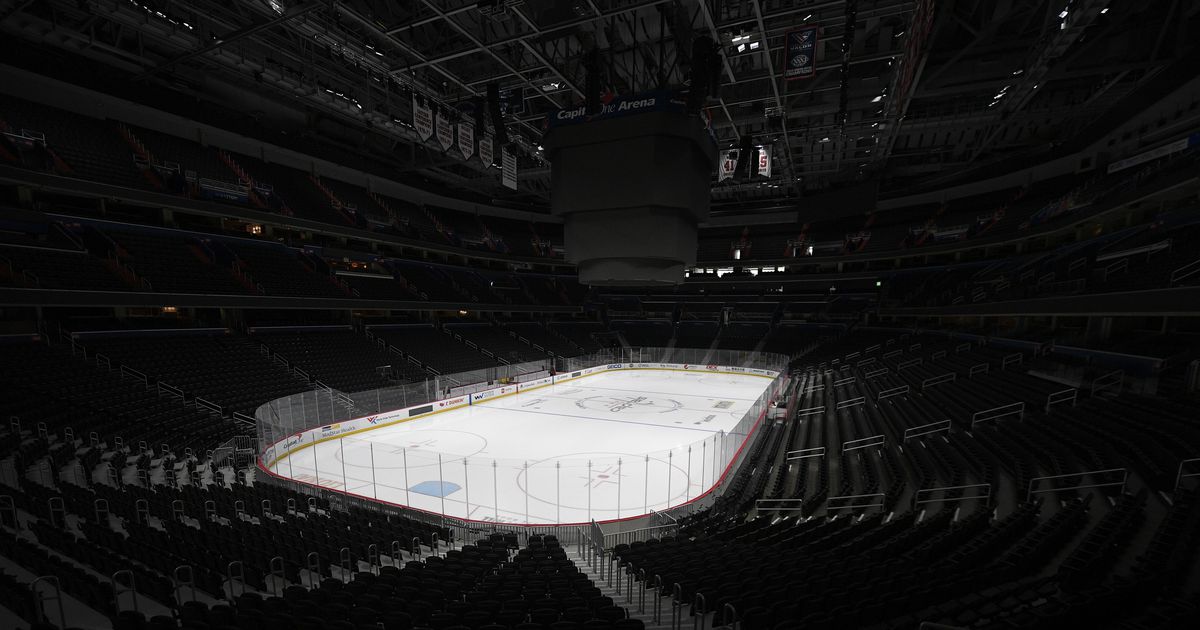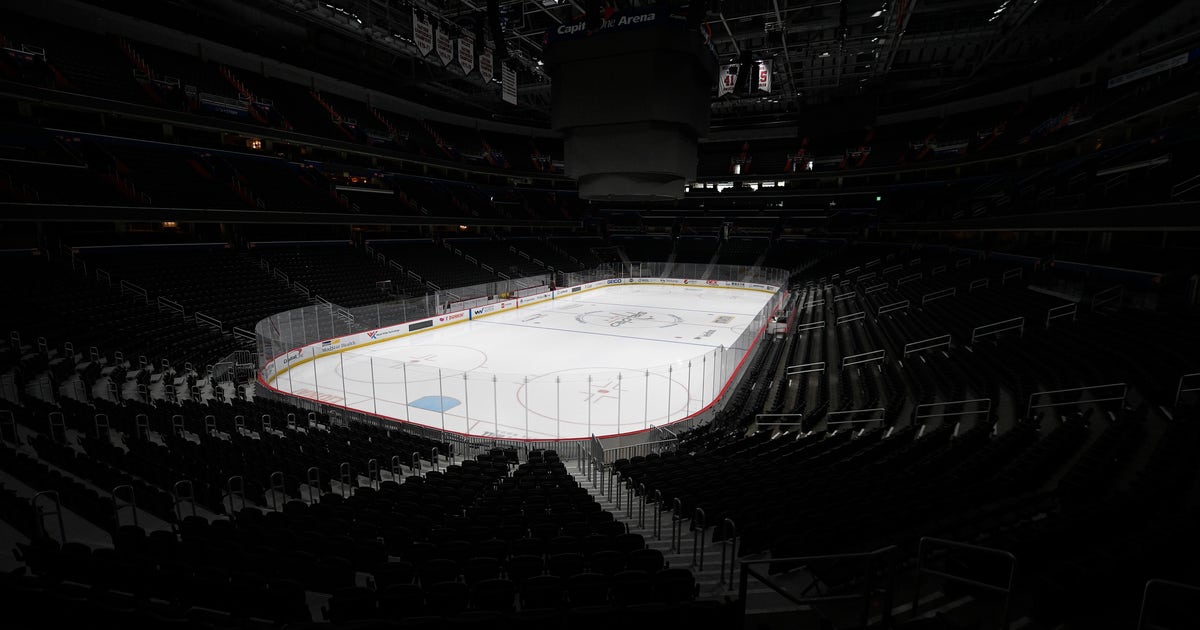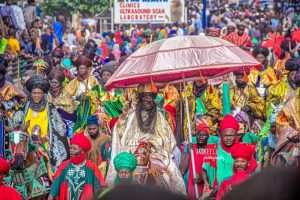Networks adjusting to life without live sporting events


Burke Magnus has always had a challenging job as ESPN’s head of programming, trying to juggle live events among ESPN’s various channels.
But Magnus, as well as other programming directors, is facing possibly the biggest task of his career now – how to schedule with no live sports on the horizon for the foreseeable future because of the coronavirus pandemic.
“There are so many creative things we can do, similar to some of the initiatives we’ve done in the past for special event anniversaries, ‘The Ocho’ day and more,” Magnus said in a Q&A with ESPN’s company blog. “The challenge is that now we need to replicate that dynamic 24 hours a day, seven days a week across multiple networks. That’s what is in front of us in terms of long-range planning.”
CBS, TNT and TBS were able to quickly adjust after the cancellation of the NCAA Tournament. On what would have been the tournament’s first round Thursday, CBS will air game shows during the afternoon and its usual prime time shows while TNT and TBS will air its usual shows as well as movies.
But for networks that solely rely on sports, the adjustments have taken more time to implement.
ESPN had already established a programming task force that was keeping track of cancellations and postponements. But last Thursday every network’s programming grid went from making slight adjustments to wholesale changes.
The timeline for the resumption of games will remain unclear while the pandemic persists. For most people, COVID-19 causes only mild or moderate symptoms, such as fever and cough. For some, especially older adults and people with existing health problems, it can cause more severe illness, including pneumonia.
The vast majority of people recover from the new virus. According to the World Health Organization, people with mild illness recover in about two weeks, while those with more severe illness may take three to six weeks to recover.
Magnus, whose official title at ESPN is executive vice president of programming acquisitions and scheduling, realizes fans would love to see broadcasts of past games, but ESPN and most networks do not have those rights. For example, if ESPN wanted to show the Georgetown-Princeton game from the 1989 NCAA Tournament, it would have to get permission from NCAA Productions.
Discussions are ongoing between the networks and leagues about freeing up the archives. MLB Network, NHL Network and NBA TV have basically gone into offseason mode with documentaries and taped games as well as shortened studio shows if any news develops. NFL Network has had free agency news as well as tapes from past games.
NBC Sports executive producer Sam Flood said league and event partners have been a great help. NBC does have access to all Premier League programming and will air seven hours of top goals from 2010 through ’17 on Saturday.
They also have a library of original specials showcasing the Premier League.
NBCSN has also been trying to add a global perspective on how the coronavirus has halted sports. It is airing six hours of Sky Sports News on weekdays.
The new Marquee Sports Network, which is a joint venture between the Chicago Cubs and Sinclair Broadcast Group, has an archive of over 4,000 Cubs games. On Wednesday, they started replaying almost every postseason game from their 2016 championship run.
“I think any programmer, from DJs onto national networks, might be taking the ‘play the hits’ approach and we’re no different. This is kind of our Breaking Bad — the Cubs and the 2016 season. We have eons of that,” general manager Mike McCarthy said. “We have enough to get by for the time being. And it’s a little bit, truthfully, a work in progress.”
The start of NFL free agency has provided ESPN with a steady diet of live studio and news programming. The focus in future weeks, though, will be on original shows and films.
Magnus said everyone has two goals for this period, however long it might last – being relevant and entertaining.
__
Sports Writer Andrew Seligman in Chicago contributed.






